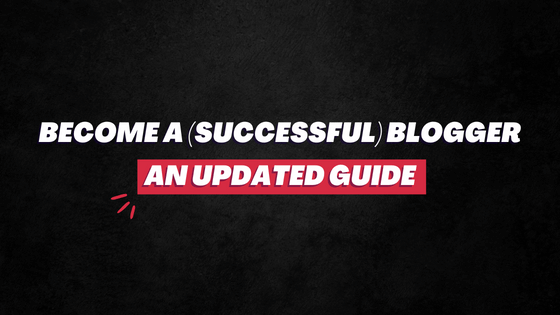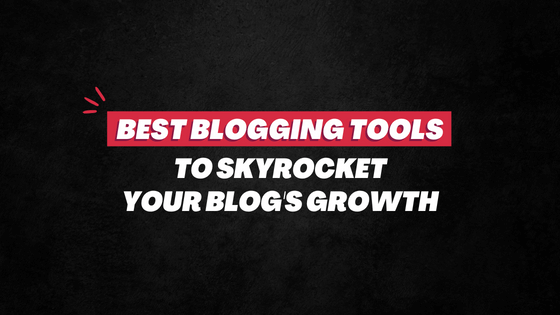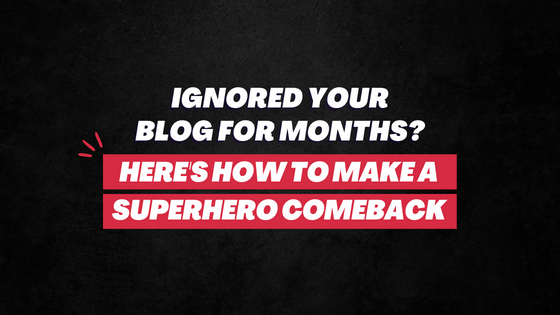
“Longer posts usually perform better on every level,” says Neil Patel, who himself posts 4,000+ words articles on his blog.
There’s no dearth of individuals and websites who go ga-ga over long-form content.
So, should you follow these experts and authority sites to write long blog posts?
Because, mind you, these are the same individuals and sites who also advise to write articles “for your audience” and not for the search engines.
In that context, with human attention span now less than that of a goldfish’s 9-second attention span, shorter content makes more sense, does it not?

SEO Copywriting and Content Marketing
SEO copywriting is search engine-centric, while content marketing is more customer-centric. They do overlap with each other though.
Admittedly, long-form content does well on Google and Bing; ranking, CTR, and conversion stay high. (By the way, this doesn’t mean that short-term blog posts are bad or aren’t preferred by the search engines.)
To that, content ranging between 3,000 and 10,000 words get the most number of shares on social media platforms.
But, on the flip side, here’s the most important question to consider…
So, in the large part, your focus should be on your target audience – their needs, requirements, problems, time, and more.
Creating a reader persona will help a lot.
Recommended Read: What’s the Ideal Blogging Frequency For You?
What Should You Do?
To be more definite, there’s a host of factors you must prioritize when deciding between short vs long-form content.
- Do you require to post every day? (Maybe you run a news website! In that case, can you write multiple articles of 3,000+ words every day?)
- Some blogging niches require in-depth content than others. Like writing on personal finances would definitely include longer posts than, say, entertainment-based articles.
- Who are you writing for? A resourceful article for high-school teachers would be longer than an article teaching students ‘how to do homework while binge-watching’ their fav show.
In short, factor…
- Your blog topic
- Your target audience
- Your own schedule
- Your growth strategy
What I Do Here at Spell Out Marketing?
- I post small content regularly that is direct and definite in offering solutions. This values readers’ time and helps my blog get indexed frequently.
- I post long content once every couple of weeks — because…
-
- I can’t post 3K+ words articles every day. I have a full-time job.
- My niche and target audience requires me to cover several topics in detail
- Search engines apparently “prefer” it
So, you can post a mix of both short and long-form content to keep everyone (readers and search engines) happy.
Recommended Read: The Myth of 1,890 Words Long Articles



